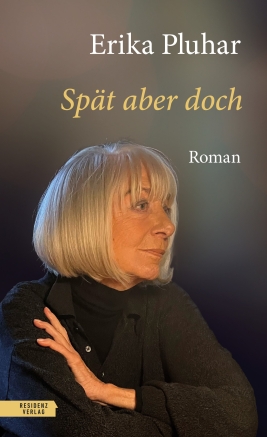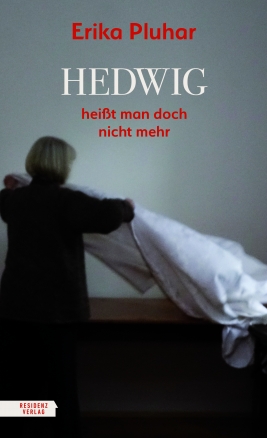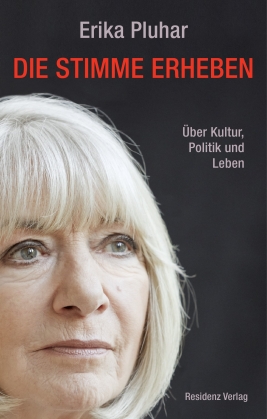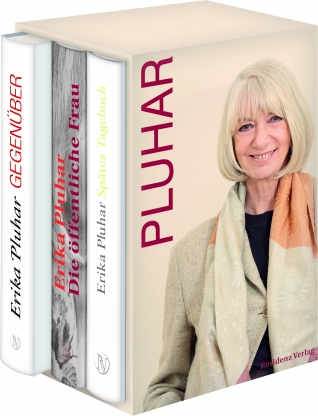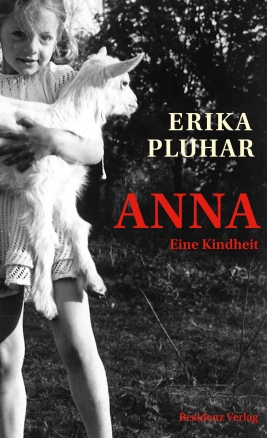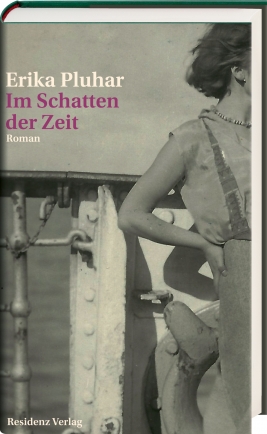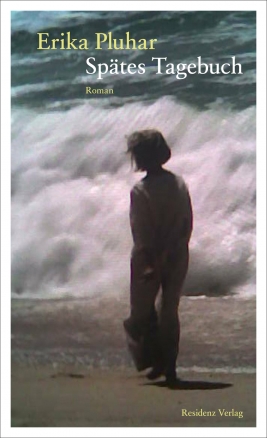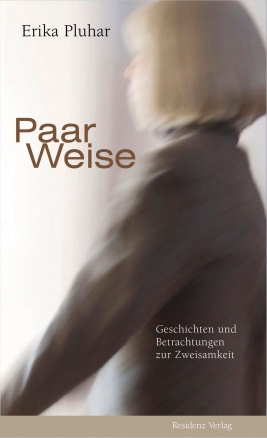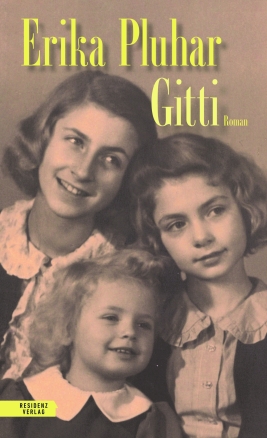
Erika Pluhar - Gitti
Erika Pluhar recalls her sister’s childhood and adolescence: touching and compassionate.
In writing that is frank and unvarnished, Erika Pluhar describes her sister’s traumatic experiences as a child during wartime and a post-war teen, experiences that forced her to take on responsibilities much too early, to adapt and make herself fit in. Gitti’s childhood and youth is shaped by tremendous upheaval: after living in Brazil for the first years of her life, she moves to Munich, where her father embarks on a career in the Nazi party, ultimately taking the family to occupied Poland. The war increasingly comes to dominate everyday life, and Gitti must face up to the challenges of adulthood … ‘better to hide the sadness within and make a secret of it. Yes, in a secret room that belongs only to me and remains invisible to everybody else, she thought.’
Book details
224 pagesformat:125 x 205
ISBN: 9783701717798
Release date: 10.07.2023
License rights
- World rights available






